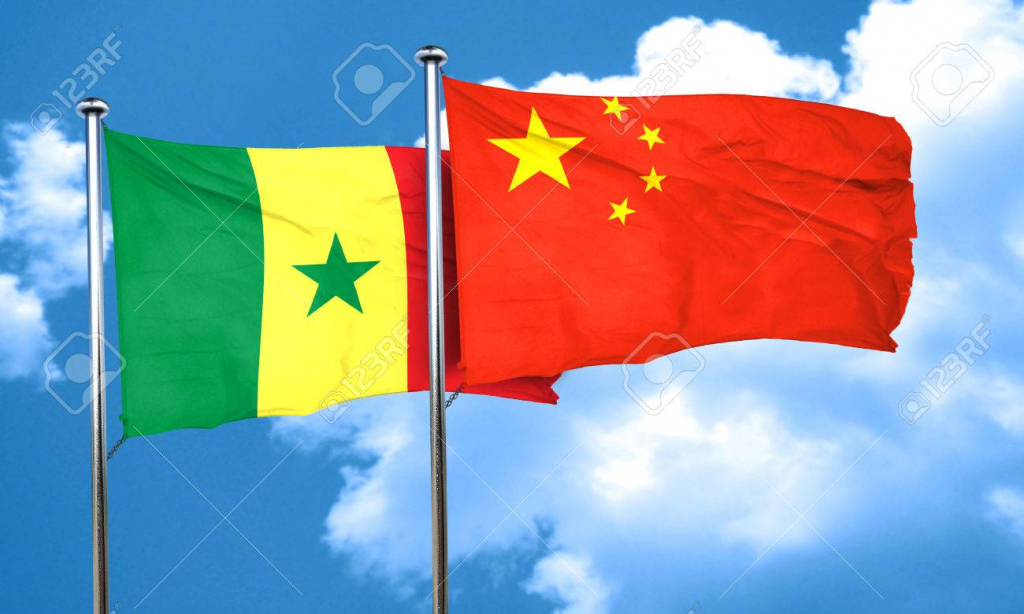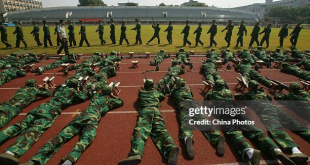
In Dakar, Senegal’s capital, customers crowd RachidCham’s appliance store, browsing shelves lined with Chinese-made products. Nearly 10,000 km away in Yiwu city in eastern China, Senegalese businessman Ababacar Niang navigates warehouses and showrooms, preparing shipments to Africa.
Though their paths differ, both men are drawn to China, not just as a supplier, but as a partner in development. In today’s vibrant trade between Dakar and Yiwu, African entrepreneurs like Cham and Niangare tapping into a vast industrial ecosystem that fuels shared progress. Cham, a veteran of Senegal’s home appliance market for 35 years, has seen consumer expectations evolve. “Ten years ago, Chinese products were rare. Today, when customers see ‘Made in China,’ they feel confident,” he said. “They know they are getting good quality at affordable prices.” He gestured to a newly installed light fixture, “We order 15 at a time. They sell out in under a month.” Now, nearly half his inventory comes from China. “Modern design, fast delivery, competitive prices. That is a game-changer for us.”
Cham frequently travels to China to visit factories and is impressed by their efficiency. “Some deliver within a week. That speed is essential for a businessman like me,” he said. He also points to deeper cooperation. At the Diamniadio industrial zone near Dakar, a key project under the Emerging Senegal Plan, Chinese firms are building factories, warehouses, and logistics hubs. “China is not just exporting; it is helping build our future.” Niang’s story began in 2013, when he arrived in Yiwu for a sports equipment contract that ultimately fell through. “I found myself alone in an unfamiliar city, without money, with a canceled contract. I had two choices: go home or start over. I chose to stay,” he recalled.
What kept him in Yiwu was a sense of partnership. “I was not treated just as a buyer, but as a partner,” Niangsaid. Now a successful trader, he often returns to Senegal to share his lessons. “What I have learned in China is respect for time, for education, for work, for contracts. These are the values I want to pass on to the youth back home.”
Cheikh Tidiane Ndiaye, former editor-in-chief of the Senegalese Press Agency, sees their experiences as signs of deeper change. “What businessmen like Cham and Niang are experiencing today reflects a structural transformation. Behind Chinese products is an industrial logic, a partnership vision, and a drive for knowledge transfer,” he said. “China is no longer just a supplier. It is becoming a catalyst for change and a development partner. That makes it a strategic partner for Africa,” he said.
For Niang, the relationship is personal. “Chinese products are more than goods. They are bridges to the future. I am not just doing business; I am witnessing history,” he said. “One day, if someone asks why Africa and China are so close, I will say: because we worked together, built together, and dreamed together.”
 Africa -China Review Africa -China Cooperation and Transformation
Africa -China Review Africa -China Cooperation and Transformation
